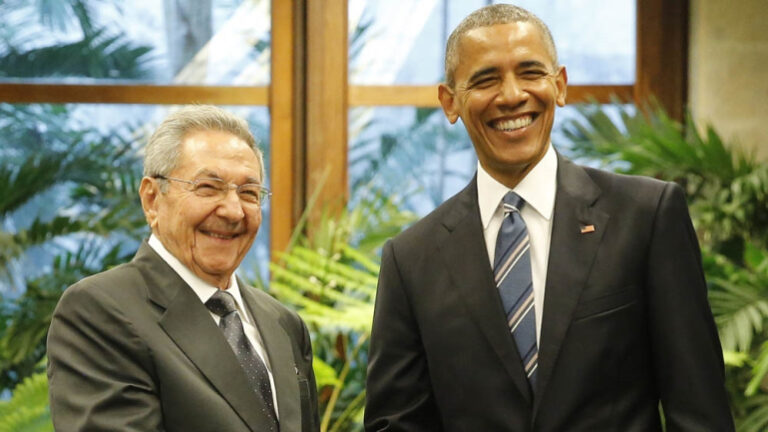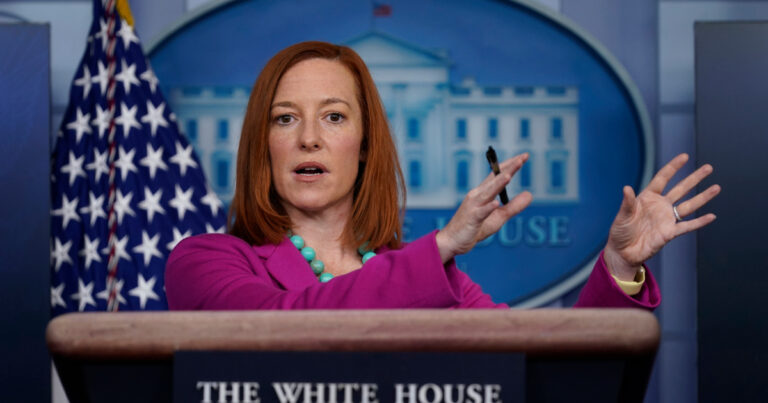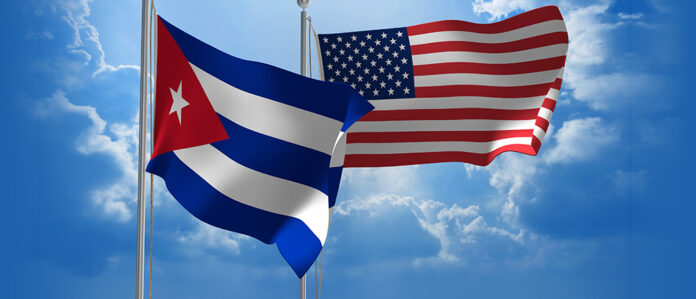By Anna Nguyen,
The relations between the USA and Cuba go a long way back; the crucial turning point was during the Cold War era. The tension began when Fidel Castro overthrew the US-backed government of Fulgencio Batista in 1959. Since then, even though the USA had recognized Castro’s regime, they have imposed mostly economic sanctions on the island state that turned into a full economic embargo blocking the Cuban trade. Fidel Castro was a supporter of communism, which was the regime he established when he took the reins of Cuba’s leadership. The Cold War was a war against the establishment of communism in the world, and thus a newly established communist government, especially, under the support of the Soviet Union was unwanted by the USA.
Former US President, Barack Obama, tried to ease the tensions between the two countries by restoring full diplomatic ties, after more than 60 years. The US policy was not as harsh as it was before. Cuba and the USA would continue to move towards the full restoration of their diplomatic relations as they announced in 2014. Two years after that, former President Obama visited Cuba’s capital, Havana, making him the first American President to visit the island after the beginning of the tense bilateral relations. However, this period came to an end, when Donald Trump was elected to be the US President for the following four years and Fidel Castro passed away.

Former President Trump, during his days in office wanted to reverse Obama’s policy on Cuba and thus, brought some restrictions back such as prohibitions in traveling to Cuba for educational and cultural exchanges. The ban of individual traveling as well as cruise ships and flights traveling between the USA and Cuba had a significant effect on Cuban economy. It is estimated that the latter cost Cuba roughly $130 billion as the United Nations stated. Former President Trump also sanctioned Cuba’s oil company and shipping firms as a retaliatory measure against the support they had shown to Venezuela’s socialist regime. Lastly, the last foreign policy statement of the Trump Administration was that by the Secretary of State, Mike Pompeo, who put Cuba again in the “Terrorism Sponsor List”, from which the Obama Administration had removed it. The denouncement from this list was considered a big step towards the normalization among the two countries and this move by the former Secretary of State will make Joe Biden’s aspirations of restoring the bilateral relations more difficult.
At the end of January 2021, the newly elected American President took office. Since his first day in office, President Biden signed quite a few executive orders that reversed a significant part of his predecessor’s policy. After all, that was his promise towards the American citizens during his presidential campaign. It is widely expected by Cubans that the new American President will review the US policy that was adopted and implemented in the last years. Their expectations are going to be fulfilled as the White House Press Secretary, Jen Psaki, stated during a news briefing that “[the Biden administration] will review the Trump administration policies”. More precisely, Cuban citizens’ expectations include the reopening of the US Consulate in Havana as well as the resumption of the visa processing. Another highly anticipated policy is the allowance of American planes to travel to Cuba once again as this measure was -during Obama’s presidency- proved to enhance the tourism sector of the country and therefore its economy. It is worth mentioning, that Cubans have been facing the worst economic crisis since the fall of the Soviet Union. Lastly, a more ambitious reversal of Trump’s policy is the lift of the economic embargo that has worsened conditions for the Cuban economy.

On the other hand, the aforementioned tasks are not that easy to achieve. There are obstacles that need to be overcome. These impediments include, but are not limited to, the unresolved matter of the way US diplomats in Havana became ill last year and Cuba’s support to the governance of Nicolas Maduro in Venezuela. Hence, in order to reach the desirable target of the normalization of the specific bilateral relations, the foregoing have to be resolved. Despite the hope which the new President inculcates by taking the reins of one of the most powerful countries in the world, there are people that are not as excited. Precisely, a Cuban journalist named Cristina Escobar stated on national TV that “Joe Biden will work tirelessly to make Cuba what they want: a country where revolution doesn’t exist and where they install a political system in agreement with Washington’s interests”. This conveys the fear of a part of Cuba’s population that they will become one more country that serves the American interests and not theirs. It shall not be forgotten that Cuba follows a socialist ideology which is the opposite of the capitalist one that the USA follows. Albeit the opportunities that may arise by this cooperation, there will still be differences which will prevent its complete normalization.
References
- Council on Foreign Affairs, US-Cuba Relations, Available here
- Oppmann, P, What Cuba Wants from Joe Biden, Available here
- Reuters, Biden Administration to Review Trump Policy on Cuba: White House, Available here
- Reuters, Cuba Hopes Biden Will Quickly Resume Obama-era detente, Available here
- The New York Times, Pompeo Returns Cuba to Terrorism Sponsor List, Constraining Biden’s Plans, Available here




